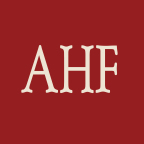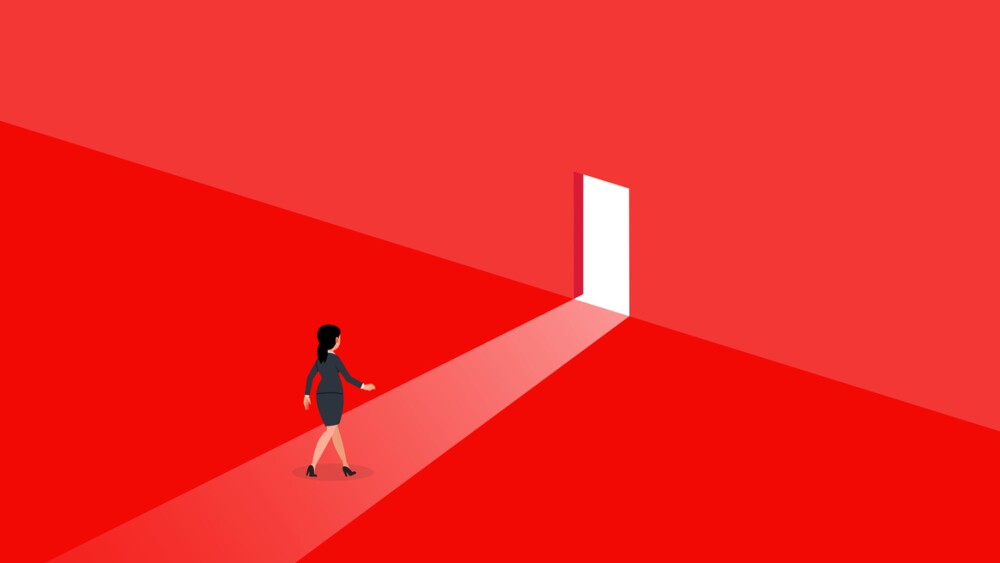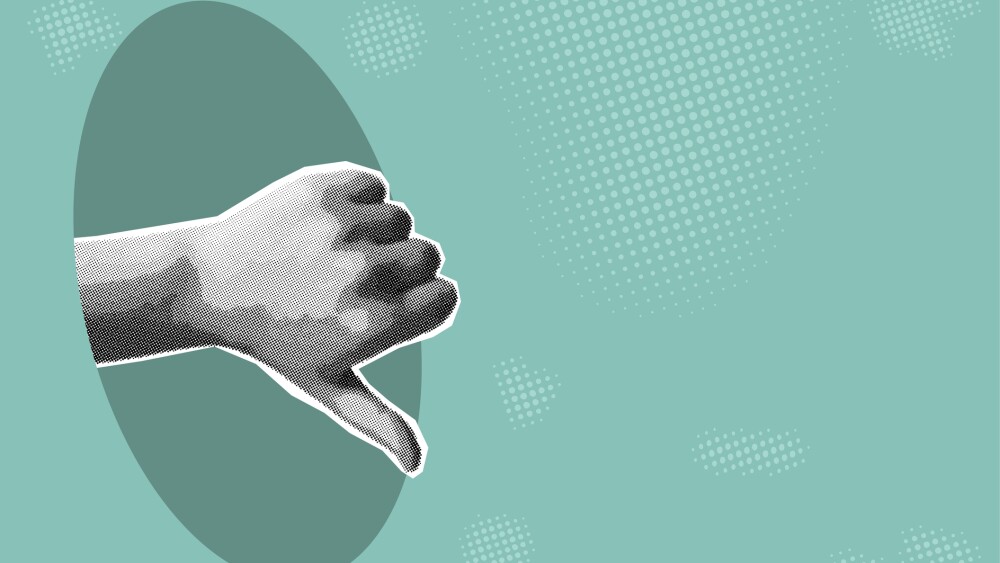The current Ebola outbreak in the Democratic Republic of the Congo is nearing its one-year anniversary.

WASHINGTON--(BUSINESS WIRE)-- The current Ebola outbreak in the Democratic Republic of the Congo (DRC) is nearing its one-year anniversary. With almost 2,200 people infected and 1,470 deceased, the virus continues to pose an imminent threat to global public health.
So far, Dr. Tedros Adhanom Ghebreyesus, Director-General of the World Health Organization (WHO), has floundered in articulating a comprehensive strategy for getting the outbreak under control. With the first cases of Ebola now registered outside DRC borders in Uganda, the time for business as usual is over. Over the next 30 days, WHO must demonstrate it is capable of handling the crisis or let a more competent leader take the helm before Ebola goes global.
"Hard lessons learned in West Africa after thousands of unnecessary deaths due to Ebola in 2014 should be the driver for immediate international actions in the DRC. Domestic or regional politics should not be allowed to play a role in implementation of the emergency response—science is on our side," said Dr. Jorge Saavedra, Executive Director of the AHF Global Public Health Institute at the University of Miami and former head of Mexico’s national HIV program.
In the aftermath of the 2014 Ebola disaster in West Africa, several reports blamed WHO for a tepid response in the initial months of the outbreak when, by not declaring an emergency, the virus was allowed to spread faster and farther than it would have otherwise. With substantial advances in vaccine research and a better understanding of Ebola’s epidemiology since the 2014 outbreak, the world has no excuse for indecisiveness. If this were happening in Europe or North America—even a single case of Ebola—a public health emergency of international concern would have already been declared.
"Starting now, 30 days should be the timeframe for WHO to either change its standards for declaring an international emergency and/or get immediate approval of the two vaccines and make them widely available for all Congolese and people in neighboring countries who are demanding or need them,” said Michael Weinstein, President of the AIDS Healthcare Foundation. “Whether the WHO Director-General takes comprehensive steps to end this crisis over the course of the next month will determine if he has what it takes to lead the world’s main line of defense against catastrophic pandemics. With almost 2,200 cases of Ebola and 1,470 fatalities, we’ve waited long enough—now is the time to act!”
For more information, please contact Ged Kenslea at gedk@aidshealth.org or (323) 791-5526.
About AIDS Healthcare Foundation (AHF)
AIDS Healthcare Foundation (AHF), the largest global AIDS organization, currently provides medical care and/or services to over 1.1 million people in 43 countries worldwide in the US, Africa, Latin America/Caribbean, the Asia/Pacific Region and Eastern Europe. To learn more about AHF, please visit our website: www.aidshealth.org, find us on Facebook: www.facebook.com/aidshealth and follow us on Twitter: @aidshealthcare and Instagram: @aidshealthcare.
View source version on businesswire.com: https://www.businesswire.com/news/home/20190620005767/en/
Contacts
US MEDIA CONTACTS:
Ged Kenslea, Senior Director, Communications, AHF
+1 323 308 1833 work +1.323.791.5526 mobile
gedk@aidshealth.org
Denys Nazarov, Director of Global Policy & Communications, AHF
+1 323 219 1091
dn@aidshealth.org
Source: AIDS Healthcare Foundation





